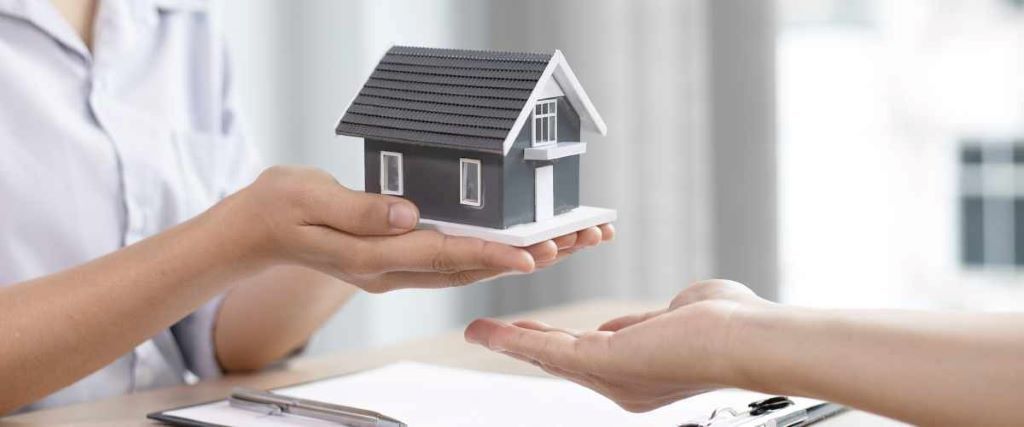
A Beginner’s Guide to Leaseholder Responsibilities in the UK
When purchasing property in the UK, one of the key distinctions you’ll encounter is between freehold and leasehold ownership. Unlike freeholders, leaseholders do not own the land on which their property is built. Instead, they lease the property from a freeholder for a set period, often decades or even centuries. This unique arrangement brings a range of specific responsibilities for the leaseholder that are essential to understand—especially for first-time buyers.
Whether you’re eyeing a modern flat in London or a charming apartment in Manchester, understanding what it means to be a leaseholder is crucial. This guide covers everything you need to know about Leaseholder Responsibilities, including legal obligations, maintenance duties, and financial commitments.
Additionally, if you’re looking for more comprehensive guides on UK housing structures, Dotenvironment.net offers a wide array of helpful resources on real estate and home improvement topics. Dotenvironment.net.
What Is a Leasehold Property?
Before diving into the responsibilities, it’s important to understand what a leasehold property is. In essence, a leaseholder owns the property but not the land it sits on. The land and building structure are typically owned by a freeholder or landlord, who leases it out under a legal agreement called a lease.
This lease sets out the duration of ownership, rights, and most importantly—your obligations as a leaseholder. Lease durations can vary but are often set between 99 to 999 years.
If you’re wondering about the full definition and implications of this arrangement, Visit this link: https://dotenvironment.net/home-improvement/what-is-a-leasehold-property/ and delves into the legal framework surrounding Leaseholder Responsibilities.
Common Leaseholder Responsibilities in the UK
Leaseholders have a wide range of duties they must follow as per their lease agreement. These responsibilities can differ from property to property, but generally include the following:
1. Paying Ground Rent
Most lease agreements include a requirement to pay annual ground rent to the freeholder. While the amount is usually modest, failing to pay on time can lead to legal consequences or affect your ability to sell the property.
2. Service Charges
In addition to ground rent, leaseholders often contribute to the maintenance and repair of communal areas. This could include:
- Cleaning and lighting in hallways
- Elevator maintenance
- Gardening or landscaping of shared outdoor spaces
The charges vary significantly depending on the size and location of the building.
3. Building Insurance Contributions
While contents insurance is your own responsibility, the building insurance is usually arranged by the freeholder. Leaseholders are then billed a portion of this cost, which ensures that the property is covered against fire, flooding, or structural damage.
4. Maintaining the Interior
Leaseholders are generally responsible for maintaining the interior of their property, including:
- Plumbing
- Heating systems
- Electrical fixtures
- Internal walls and floors
5. Seeking Permission for Major Works
You cannot make significant structural changes or renovations without the consent of the freeholder. For example, knocking down a wall, installing new windows, or changing the layout may require formal written permission.
6. Complying With Lease Terms
The lease may contain restrictions such as not subletting, avoiding nuisance behavior, or even pet ownership limitations. Violating these terms can lead to penalties or even legal proceedings.

Leaseholder vs Freeholder: Who Does What?
It’s important to know the distinction between leaseholder and freeholder responsibilities. While leaseholders handle the internal upkeep and service charge payments, freeholders are usually responsible for:
- Maintaining the building structure and roof
- Ensuring fire safety in communal areas
- Managing insurance and major renovations
In some cases, especially with new developments, the leaseholder may collectively own a share of the freehold. This can lead to more control over costs and management but also brings additional responsibilities.
What Happens If Leaseholder Responsibilities Are Not Met?
Failing to meet your obligations can have serious consequences:
- Legal Action: The freeholder may take you to court for unpaid charges.
- Lease Forfeiture: In extreme cases, the freeholder can reclaim the property.
- Selling Problems: An outstanding dispute or unpaid dues can delay or even prevent a sale.
Therefore, it’s essential to read your lease carefully and keep up to date with all payments and responsibilities.
Recent Legal Developments Impacting Leaseholders
The UK government has introduced several reforms aimed at improving the leasehold system. One key area is the abolishment of ground rents for new leasehold homes, which came into effect in 2022 under the Leasehold Reform (Ground Rent) Act.
Another major reform under discussion is the right for leaseholders to extend their lease to 990 years with zero ground rent, which would significantly reduce ongoing costs. For the latest legal updates, the UK Government’s housing page is an authoritative source of information.
Read More: What to Consider When Looking at Property to Buy
Tips for First-Time Leaseholders
If you’re new to leasehold ownership, here are some key tips:
- Read the Lease Carefully: Understand every clause and term before signing.
- Budget for Extra Costs: Service charges and ground rent can add up.
- Attend Residents’ Meetings: Stay informed about building issues and planned works.
- Check Lease Length: A short lease (under 80 years) can reduce the property’s value and make mortgage approval more difficult.
FAQs About Leaseholder Responsibilities
1. Can I extend my lease?
Yes. Most leaseholders can extend their lease, usually by 90 years. However, it often involves legal fees and a premium paid to the freeholder.
2. Who pays for major repairs like a new roof?
Generally, the freeholder arranges the work but may recover costs from leaseholders via the service charge. Check your lease to see what’s included.
3. What happens when the lease expires?
Once a lease runs out, ownership reverts to the freeholder unless extended. It’s best to renew before the lease dips below 80 years to avoid added costs.
4. Can a leaseholder refuse to pay service charges?
You can dispute unfair charges through a tribunal, but you cannot simply refuse to pay. Evidence of mismanagement or lack of transparency is needed.
5. What is the difference between leasehold and shared ownership?
Shared ownership means owning a portion of a leasehold property while paying rent on the rest. Leasehold simply means you own the entire property under a lease agreement.
Conclusion
Owning a leasehold property can be a smart and affordable way to get on the property ladder—especially in densely populated areas. However, Leaseholder Responsibilities can be complex and often come with financial and legal obligations that shouldn’t be overlooked.
From paying service charges to following strict lease terms, understanding your duties can save you from future disputes or unexpected costs. Before buying, always review the lease in detail and seek legal advice if necessary. With proper knowledge and proactive management, leasehold ownership can be both rewarding and manageable.
Read More: Advantages of Renting a Property


